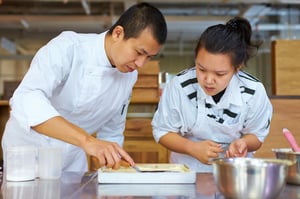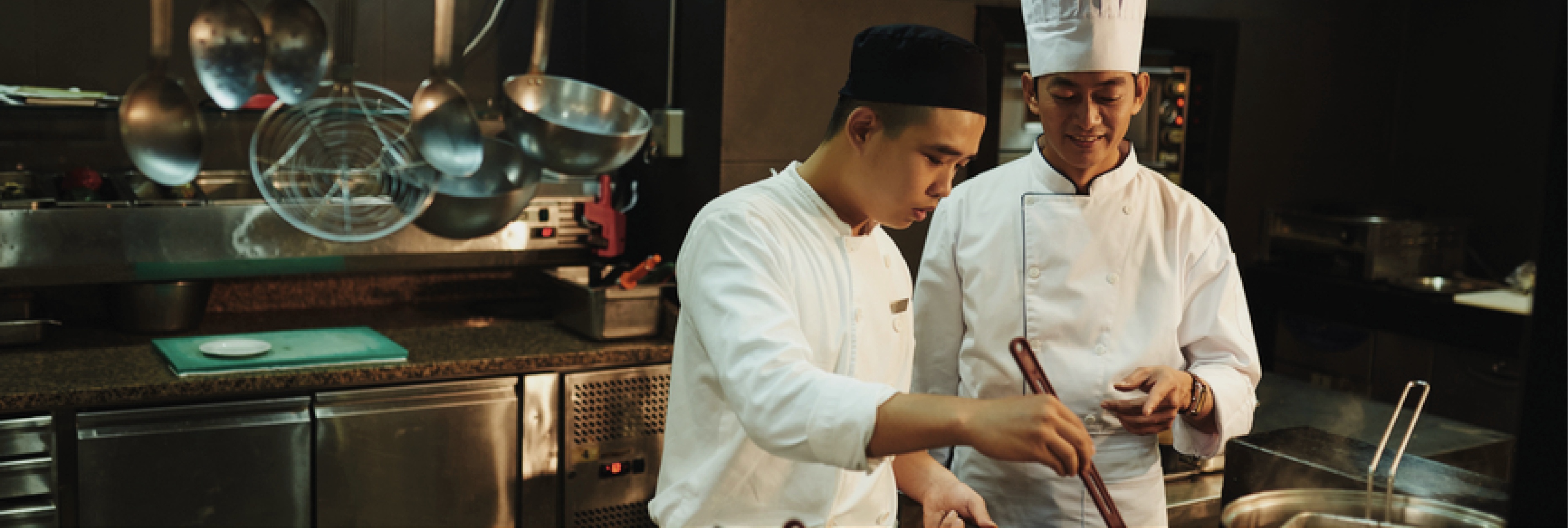For those who have been in the hospitality industry for many years, you’ll know there are no substitutes for hard work, a customer-centric approach, and a willing attitude. But that doesn’t mean there are no fast ways to make more profit from your kitchen operation.
The answer lies in an unexpected place. Wasted food in your kitchen operation (predominantly in overproduction) is cutting away your profits. Simply put, the less you throw away the more chance you have of making more profit.
In regions like Asia where tourism is forecasted to grow significantly in the next five years, the issue is more pressing than ever.
Helping to facilitate this change is PATA, the Pacific Asia Travel Association. They have set up a food waste initiative named ‘Buffet’: building understanding for food excess tourism.
One of their main tasks is to raise ‘awareness of food waste in our industry’ and dedicates a section on their website to provide information to the hospitality sector and wider industry that includes a food and beverage operation.
Like Winnow, PATA believe that food is too valuable to be wasted. Whether you consider this value in economic or resource efficiency terms, it is a problem worth paying attention to.
Over the past 5 years, Winnow have spoken with thousands of hospitality firms around the world. What have we learned in this time? A couple of key things stand out.
Firstly, food waste is eating into the profits of kitchens in every part of the world. This is particularly true of operations where food is prepared in advance. All-day buffets are a prime example of this.
Secondly, our clients tell us that tackling food waste means they save thousands of dollars each week. We see that on average our clients reduce their food cost by 3-8%. Many businesses are delighted with a 1% saving.
In this time, we have yet to come across another kitchen ‘hack’ that rivals the impact on the bottom line. This saving can mean the difference between profit and loss, or additional money to enhance the customer experience like at Renaissance Phuket Resort & Spa. The team there cut food waste by 50%.
Top tips to reduce food waste
 Renaissance Phuket Resort & Spa illustrate the level of opportunity there is for hotels in Asia. Winnow’s presence in Singapore, China, and Thailand ensures that it is possible to often hear directly from customers which tips and strategies are contributing to success.
Renaissance Phuket Resort & Spa illustrate the level of opportunity there is for hotels in Asia. Winnow’s presence in Singapore, China, and Thailand ensures that it is possible to often hear directly from customers which tips and strategies are contributing to success.
This is key feedback to replicate success for other businesses at the start of their journey.
So, what do they recommend? Frequently, chefs do not initially believe that they have any waste in their kitchen. In large kitchens serving hundred of people each day, chefs can not have eyes everywhere.
“The whole experience with Winnow has been eye-opening. It has made us realize that we were actually wasting food, and more importantly, that we can reduce it dramatically by changing a few simple things” Billy Costoglou Executive Chef, Renaissance Phuket
The key thing for businesses that have not looked into food waste before is to keep an open mind about what you may find.
The second point to consider if you are beginning the process of looking into food waste is to first try and identify when are where food waste most frequently occurs in your hotel.
This will be, by its nature, only a cursory glance at what is being wasted. However, it will serve as the starting point to understand which times of day your operation has the largest problems.
For more insight on how to take advantage of the food waste opportunity in your business, download this guide and receive the tips of the team from AccorHotels, Marriott International, and Minor Hotels.
Photo credit: Clique Images via Stocksy








Comment on my blog